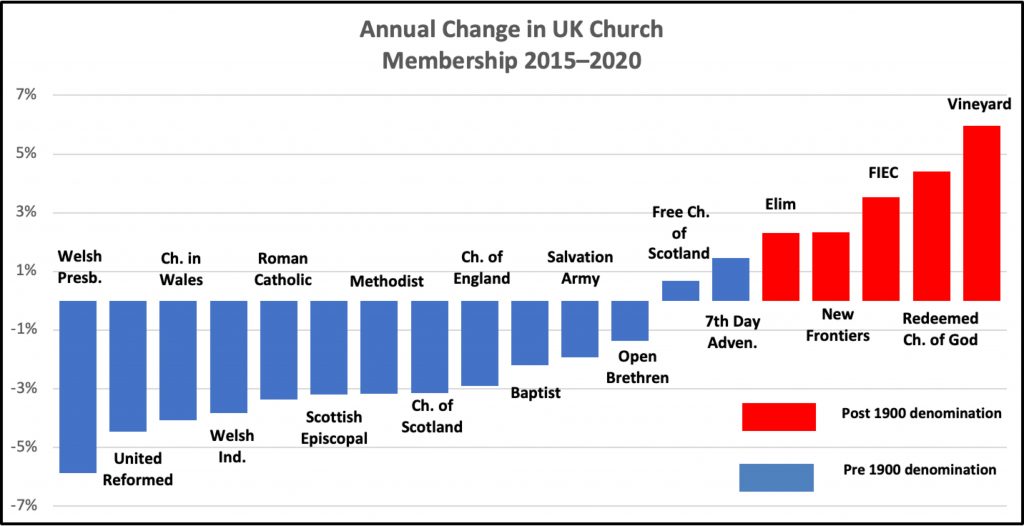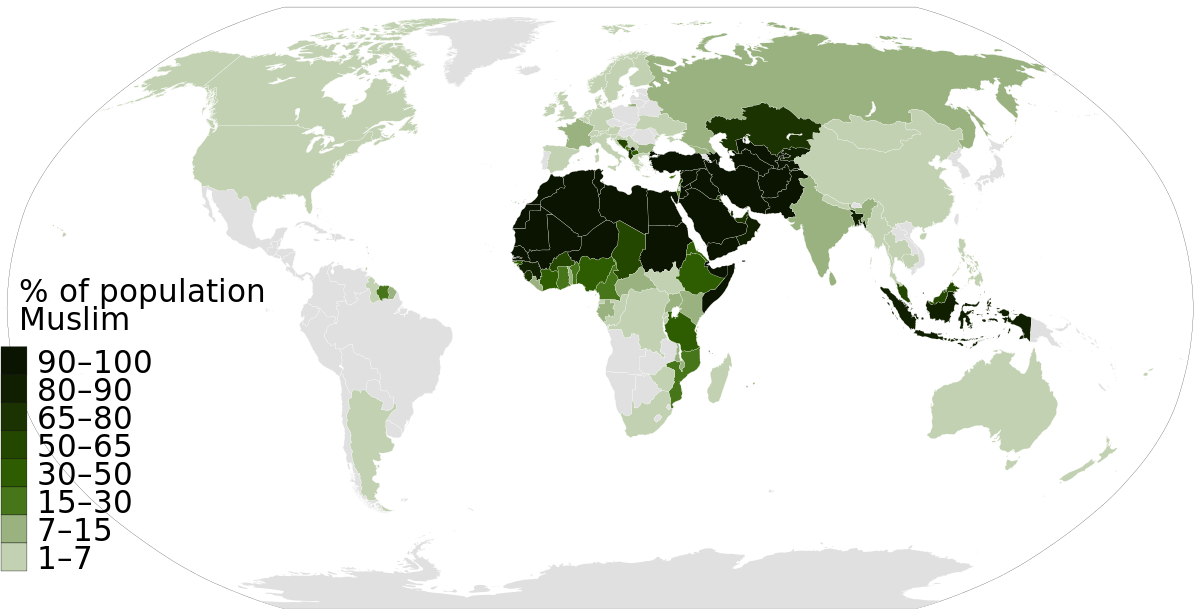Religion isn't going to go away
Are you sure?
I suspect it will. But it's going to take a little while. Religion, like famine and war, is rapidly declining. All three are characteristic of a world of shortages and hardship, two things which have largely disappeared from the developed world, and are on the run almost everywhere else.
Religion is basically dead in Western Europe. People there still describe themselves as Christians, but they only attend churches for ceremonial reasons - weddings and funerals, and (becoming less and less common) christenings.
The latter persists only because of pressure from the aging population of religious people (granny wouldn't be happy if we didn't get the baby baptised).
Churches in England when I was a child almost invariably had elderly vicars. Today, they almost invariably have vicars from the former colonies (mostly Africa and the Caribbean) - there simply aren't enough English born people who care sufficiently about religion to go into the priesthood. The crisis is well understood by the Anglican church hierarchy, but has been successfully hidden, not only by importing vicars from the developing world, but also by slashing their numbers and amalgamating churches.
Huge numbers of churches have closed; Yet the remaining ones are almost empty on any given Sunday, and their tiny congregations are all old people.
Religion, particularly Abrahamic religion, is a response to suffering and struggle. Neither is necessary today, and they are disappearing so fast that few people really believe that they're going away. But they are - with occasional setbacks and reverses, sure; But the overall trend has been clear since the end of WWII, and has been accelerating and broadening to include places that were, even in my lifetime, thought to be irredeemable sinkholes of poverty, or violence, or both.
It's noteworthy that the poorest and most violent places are also the most religious; I used to think that the religion was a cause of poverty and violence, but I am now almost certain that the causality is the exact reverse. Give people comfort and safety, and they discard religion
en masse.
It's fairly unimportant how atheists interact with theists in discussions of science vs belief; If we want to see more atheism and less theism, the solution is just to be kind to each other - to provide for those who have shortages, to care for those who cannot care for themselves. Peace, prosperity, universal healthcare, and the welfare state are all that's needed to turn around poverty stricken and violent shit-holes like Northern Ireland, Ethiopia, or Alabama.
You just need to give it a few generations for the folks who grew up with the old ways of living to die off, or at least become outnumbered by young people who are sick of nonsensical enmities and who don't have to fight for survival.


